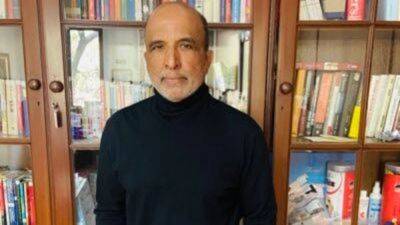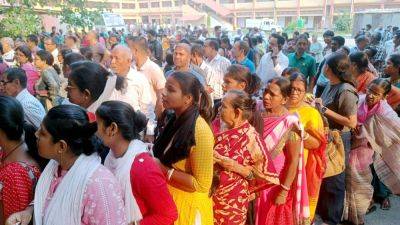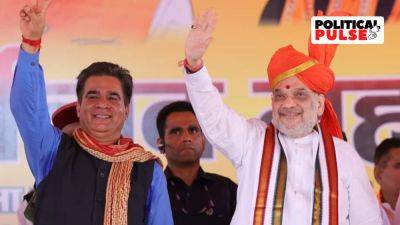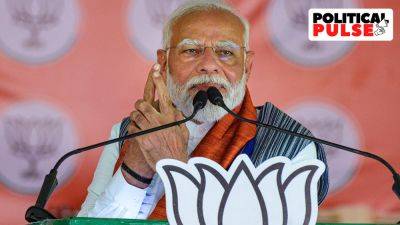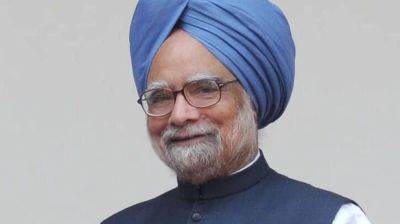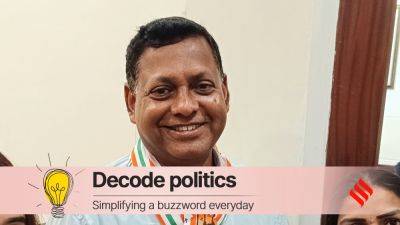As BJP talks up ‘Modi 3.0’, ‘big majority’, how different will be its agenda?
IN HIS election speeches, Prime Minister Narendra Modi has been reiterating that the work done by him in the last 10 years is “just a trailer” or “the appetizer”, and that he has much more to do. Modi has also been holding meetings on his “first 100 days” agenda, while declaring that the party’s target this time is 370-plus seats for itself, and 400-plus for the NDA.
One aspect of this is sealing the impression that the party is confident of returning to power. It also feeds into the chatter about what a Modi government with an even larger majority will do next.
Modi, who came in as a candidate of “change”, has often talked about transforming citizens’ lives, as he leads India to becoming “the world’s third largest economy”.
A large section of BJP leaders say that if he gets elected to a third term as PM, Modi’s primary goal would be leaving an indelible mark in every sector, with his eyes said to be on the reign of Jawaharlal Nehru, who has had the longest tenure so far in the post, at 16 years and 286 days.
On more tangible terms, a Modi 3.0 government would have the task of steering the complicated delimitation exercise. That can happen only after a Census, which incidentally is itself delayed now for three years.
The delimitation exercise is expected to be a minefield, as the South fears a further erosion of its influence when the number of parliamentary seats go up as per population following the Census. Given that the South’s population numbers are lower, its share of seats in Parliament as compared to the North will fall – a prospect that the regional parties in the South have been highlighting, playing on the fears in the region regarding what is seen as an already North-centric government.
In the run-up to the


